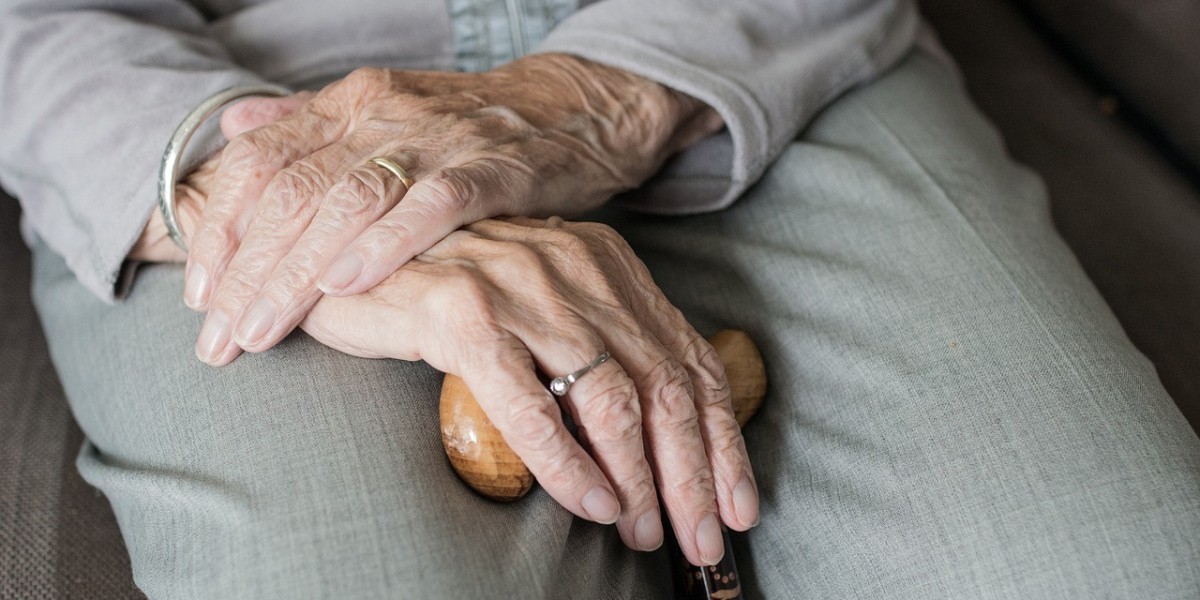When someone you care about is living with Parkinson's disease, the impact on their daily life is undeniable. From rigid movements to poor balance and tremors, these symptoms can become a significant part of their routine, intensifying as the disease progresses.
Your role as a caregiver becomes crucial in providing the extra help and support needed to maintain their activity levels and preserve their overall quality of life. Here are ten effective ways to support your loved one in managing Parkinson's disease:
Educate Yourself: Learn about Parkinson's disease, its causes, progression, and available treatments. Stay informed through reputable sources like the Parkinson's Foundation, attend medical appointments, and ask questions to better understand and support your loved one.
Offer Voluntary Assistance: Help with everyday tasks that may become challenging due to the movement disorder. Offer to run errands, prepare meals, accompany them to medical appointments, and assist with other daily activities they find difficult.
Encourage Physical Activity: Regular exercise is crucial for individuals with Parkinson's. Support and motivate your loved one to engage in physical activities like walking, dancing, or yoga, as it can enhance their strength, balance, and overall well-being.
Foster Normalcy: Focus on aspects of their life beyond the disease. Engage in conversations about their interests, hobbies, or current events to maintain a sense of normalcy and prevent them from solely identifying with their condition.
Promote Social Engagement: Combat isolation by encouraging your loved one to go out. Plan activities like dinners or films, making necessary accommodations for their comfort.
Active Listening: Acknowledge the emotional challenges associated with Parkinson's and offer a supportive ear. Let your loved one express their feelings, providing comfort and understanding.
Suggest Support Groups: Recommend joining a Parkinson's support group to connect with others facing similar challenges, fostering a sense of community and reducing feelings of loneliness.
Facilitate Socialisation: Address communication barriers by encouraging social interactions with friends and family. Educate others about the condition to enhance understanding and acceptance.
Monitor Symptoms: Stay vigilant for any changes in walking, coordination, balance, fatigue, speech, or mood. Recognising these changes early allows for timely intervention, and addressing mental health concerns is crucial.
Practice Patience: Understand the potential challenges in movement and communication caused by Parkinson's. Be patient, adapt your pace to theirs, and provide support with tools like walkers or alternative communication methods when needed.
And finally, look after your own well-being! Caring for a loved one with Parkinson’s can be hugely rewarding, but it can also take its toll emotionally. By reaching out to others who find themselves in a similar caregiving role, you can share your own experiences and lean on the support of a nurturing community who understands your challenges and are there to help celebrate your triumphs and dedication.







